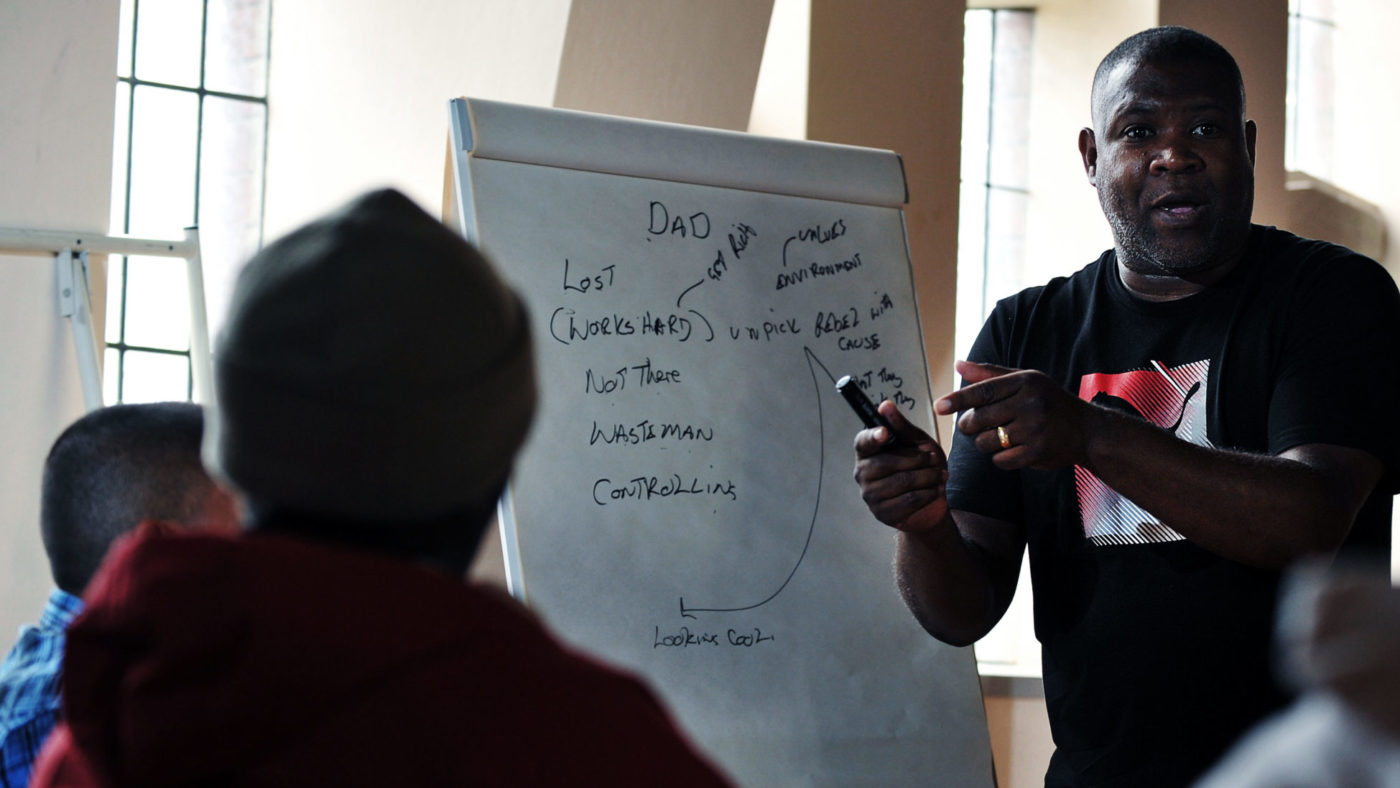In Britain, it seems to take a mass riot on the capital’s streets to get attention from politicians, mayors and the media, but they quickly forget. As temperatures rise, it’s worth remembering that gangs and hot tempers contributed to, and certainly exacerbated, the London riots in the heat of summer 2011. So I applaud Anne Longfield, the Children’s Commissioner, for shining a light on gang violence in The Times this week.
Tragically, Britain’s gangs are flourishing, especially in areas where there are high rates of family breakdown, addiction and unemployment. Gangs offer many disenfranchised kids a “way out” of their problems, and a future. Their longed-for sense of belonging and being part of a family is found on the streets and in a gang. And gang life offers well-paid work – from delivering drugs to moped raids – which is being glamourised and promoted by social media videos.
When I was at the Centre for Social Justice in 2009 we commissioned a report on street violence, Dying to Belong, and found it almost impossible to produce an accurate assessment of gang membership and activity, but some figures stretched to a total of 50,000 gang members. Today the Children’s Commissioner estimates 70,000.
The BBC recently reported an average of 60 moped raids every day in London, organised by gangs – which is 30 times more than five years ago. And it’s worse in Greater Manchester, where people are the most likely to be victims of gang-related crime in the UK.
Gangs are escalating violent crime, drug addiction and social breakdown. They are pushing drugs at the school gate and young people are dying on our streets from knife crime. Gangs are responsible for some of the most deplorable crimes in London according to the Mayor, including an estimated 20% of all violent crime.
Sixty-two people have been murdered since the start of 2018, and in the year to September 2017 there were 37,443 recorded knife crimes and 6,694 recorded gun crimes. It feels out of control.
Most people blame this on a failure of policing and think the solution is to simply increase funding and “get tougher”. That’s not the full answer, in my experience. What we need are stronger communities with more community workers, not just police officers. You can’t arrest your way out of this problem. We need to address and solve the powerful social factors that are driving gangs.
Disenfranchised young people – and young men in particular – who have suffered family breakdown, educational failure, unemployment, addiction and personal debt need care and support to find pathways out of poverty. They need real exit routes where they have the opportunity to rebuild their lives; people to respect, other than gang leaders; and a trade or apprenticeship in which to earn their living and fulfil their potential.
The Legatum Institute exists to promote policies that create pathways from poverty to prosperity because we believe that every individual has immense personal value and potential. For us, prosperity is not just about material wealth, it is about the individuals who we become.
At its core it is personal and social wellbeing such as having a home, an education, family, friends and role models that show us the way. These are not luxuries in life, they are the pillars needed to build prosperity for individuals, families, communities and nations.
We need a holistic approach to solve Britain’s gang problem and the CSJ report that provides a more coherent strategy that has been proven in cities with serious gang problems. The Violence Reduction Unit in Strathclyde and the Matrix Gun Crime Team in Merseyside learnt valuable lessons from the Boston Gun Project in America that reduced youth homicide by 63% per month during Operation Ceasefire. How? They imprisoned the ringleaders and provided exit strategies for younger gang members, giving them an opportunity to rebuild their lives with the right support structures.
It is too easy to blame cuts to policing for the rise of violent gangs, as the Mayor of London’s office has done consistently under both Boris Johnson and now Sadiq Khan. Recent announcements from the Mayor about a crackdown on gangs and knife crime are welcome, but unless the social factors are understood and addressed with the right resources and skills, these measures will bring only a short-lived reprieve from the relentless rise of gang violence.
If Boston and Strathclyde can do it so can London, Glasgow, Manchester, Liverpool, Birmingham and many others up and down our country.


